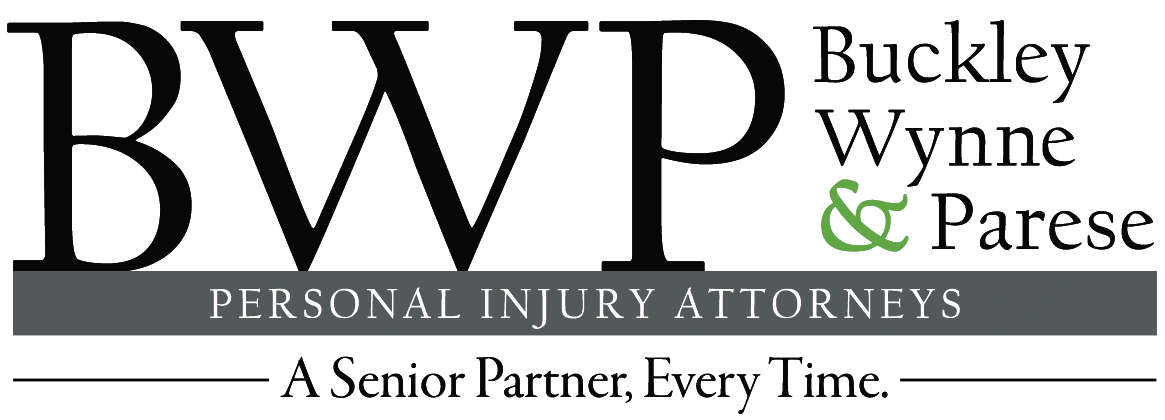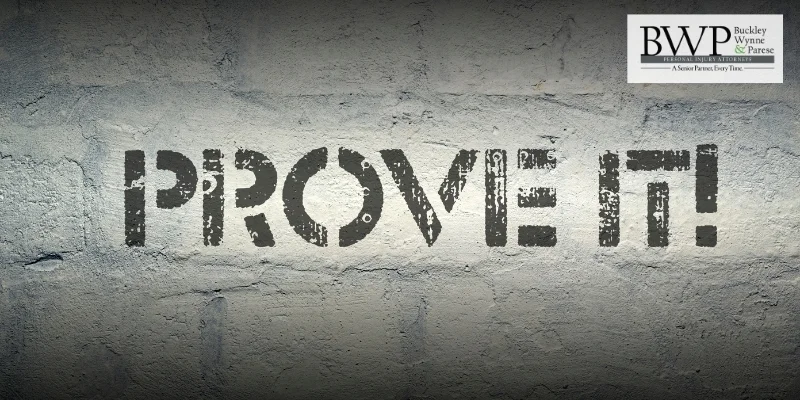How to Prove Negligence in a Slip and Fall Case in Connecticut?
A slip and fall may sound like a minor incident, but such incidents are a leading cause of personal injuries in the United States each year. If you or a loved one recently suffered such an injury on private property, you must understand the importance of proving negligence in a Connecticut slip-and-fall case. If a property owner is responsible for your injury, proving negligence will be essential for recovering compensation for your damages.
Proving Negligence in a Connecticut Slip-and-Fall Case
The National Safety Council reported that in 2022, more than 8.5 million Americans were treated in US emergency rooms for fall-related injuries. Falls are a leading cause of injury and death in US workplaces and in the home. In Connecticut, when a slip and fall occurs on private property, the property owner could be liable for the resulting damages under Connecticut’s premises liability laws.
These laws dictate the responsibilities that private property owners have when it comes to maintaining safe premises. A property owner owes this duty of care to lawful visitors, including personal guests with express permission to enter the property, customers to a privately owned business, and those with implied permission to enter for their own purposes, such as utility workers and mail carriers.
Property owners do not owe a duty of care to trespassers or intruders. If someone enters a private property without the owner’s permission and suffers a slip and fall, the intruder will not have grounds for a personal injury case against the property owner. When it comes to proving negligence in a Connecticut slip-and-fall case, the plaintiff must prove they were legally present on the property and that the injury happened due to the property owner’s negligence.
Various forms of evidence could come into play in this type of case, including security camera footage, building maintenance records, and eyewitness statements if anyone else saw the injury happen. You should hire a slip-and-fall lawyer in Connecticut at your first opportunity so they can gather evidence and witness testimony for you and establish that you were legally present on the property when the injury occurred.
Claiming Compensation for a Slip-and-Fall in Connecticut
A premises liability case is a type of personal injury case, and the goal of a personal injury case is for the injured plaintiff to secure the compensation they need to recover as much as possible from their injury. The plaintiff has the right to claim compensation for any economic and non-economic damages the defendant caused, and the plaintiff must prove that such claimed damages directly resulted from the defendant’s negligence.
Ultimately, proving negligence in a Connecticut slip-and-fall case is crucial for the injured plaintiff to recover compensation. The team at Buckley Wynne & Parese has the experience and skills required to handle the most challenging premises liability claims in Connecticut, and we have successfully resolved many such cases for past clients. We’re ready to apply this experience to your case, so reach out to us today to learn how we can help.
FAQs
How Do You Prove Negligence in a Slip-and-Fall Case?
Proving negligence in a slip-and-fall case requires showing that the property owner knew or should have known about a safety hazard with diligent care of their property. When a property owner notices any foreseeable safety hazard, they must either correct the issue immediately, post a clearly visible warning sign, or provide lawful guests and visitors with a clear verbal warning about the hazard.
What Are the Most Common Injuries From Slip-and-Fall Accidents?
Some of the most common injuries from slip-and-fall accidents include broken bones, traumatic brain injuries, spinal cord injuries, and damage to internal organs. It is also possible for a slip and fall to cause facial and/or dental injuries. If you are filing a slip-and-fall injury claim in Connecticut, your attorney can help you prove the full scope of the injuries you suffered and hold the defendant accountable for the entirety of the associated damages.
What Is Comparative Negligence?
Comparative negligence comes into play when multiple parties share fault for causing the damages cited in a personal injury case. For example, in a slip-and-fall injury case, a plaintiff may be found partially liable for the incident if the facts show that their negligence contributed to causing the incident. Under Connecticut’s modified comparative negligence rule, the plaintiff can still claim damages as long as they are found less at fault than the defendant.
How Much Compensation Can I Claim for a Slip-and-Fall Injury?
The amount of compensation you can claim for a slip-and-fall injury will depend on the scope and severity of the injuries you suffered. If you can prove a property owner is liable for your accident, it is possible to claim compensation for your medical expenses, lost income, lost future earning capacity, and for the pain and suffering you have experienced. You must hire a slip-and-fall lawyer to have the greatest chance of maximizing your recovery.
Why Should I Hire a Slip-and-Fall Lawyer?
You should hire a slip-and-fall lawyer because your case is likely to be more complex than it appears at first. The right attorney can help you establish fault for the incident, uncover the full scope of the damages you suffered, and prove that the defendant is directly responsible for causing them. Ultimately, you have the greatest chance of success with your case when you have the right attorney representing you.
The team at Buckley Wynne & Parese can help you prove negligence in a Connecticut slip-and-fall case, and we are confident we can help you maximize your recovery. You have limited time to pursue accountability for your damages, and the right attorney can have a profound positive influence on the outcome of your case. Contact us today to schedule a free consultation with an experienced slip-and-fall injury lawyer to learn how we can help.

Serving All of Connecticut
Free Evaluation 24/7
We understand the stress of dealing with an injury. Our team is here to provide compassionate support and effective legal representation, statewide.

